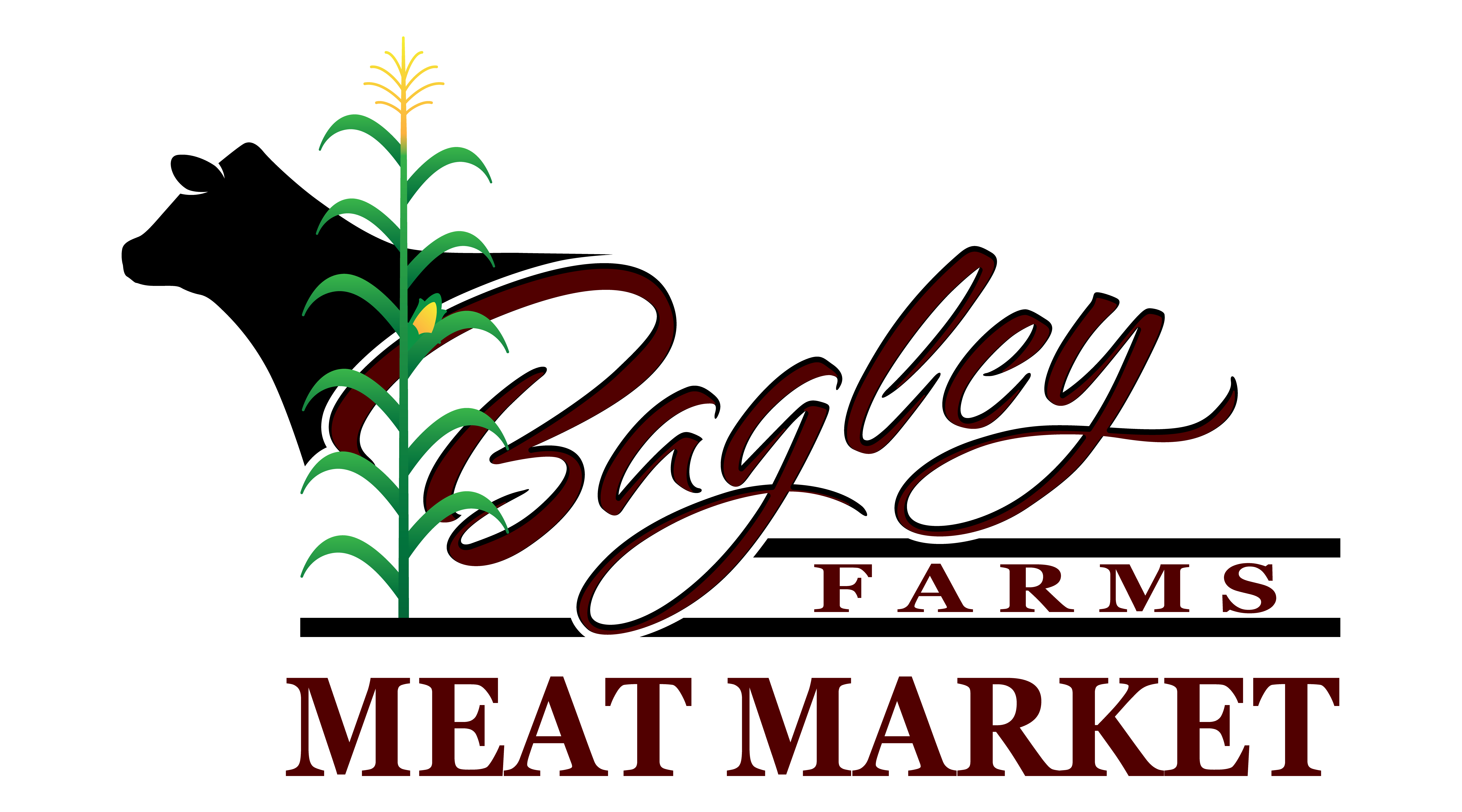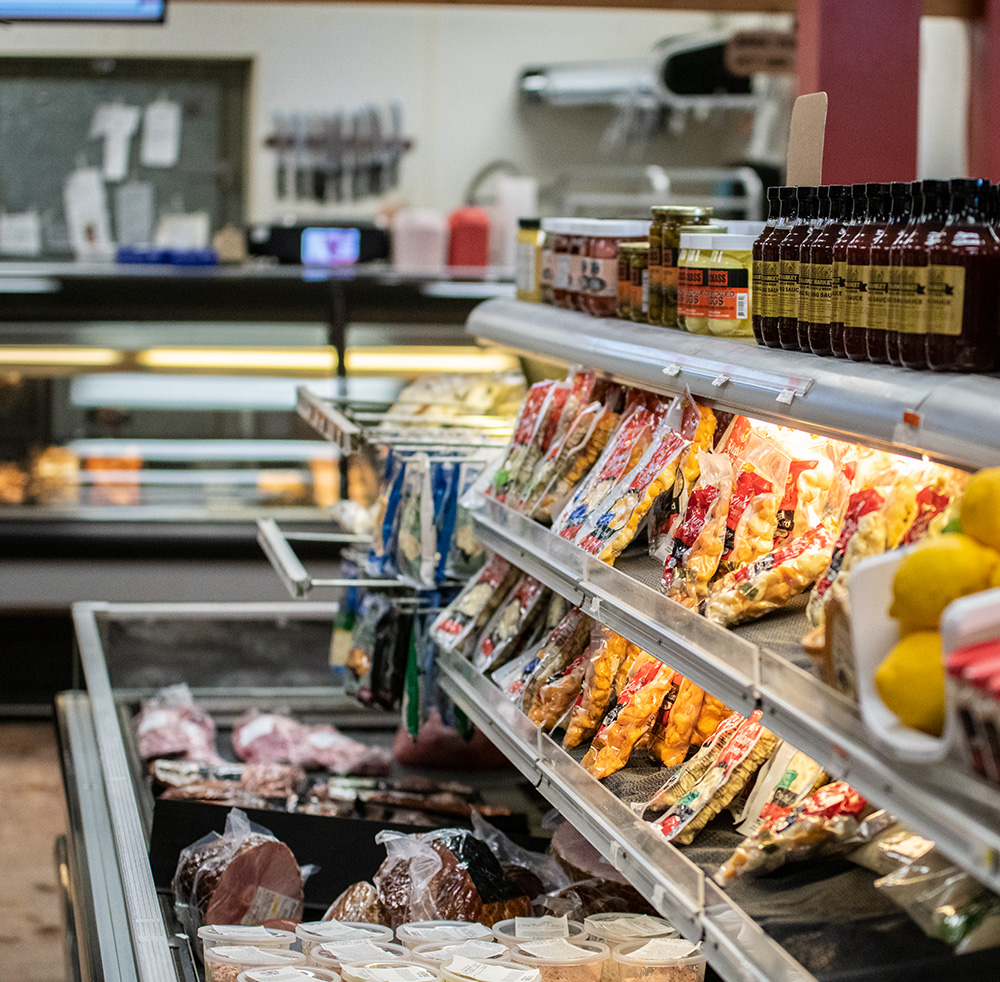Why Buying at a Farmers Market Supports Local Farmers and Your Community
Purchasing at a farmers market offers as a concrete ways of sustaining local farmers while simultaneously reinforcing the economic textile of your area. Take into consideration the influence this has on regional economies and food systems.
Financial Advantages of Farmers Markets

Farmers markets substantially add to local economic climates by promoting straight sales in between consumers and producers. This straight transaction design eliminates intermediaries, enabling farmers to retain a bigger share of the revenues. This increased income encourages local farmers to reinvest in their operations, acquire much better tools, and enhance agricultural methods. Such reinvestment not just enhances performance but also sustains local agricultural work.
In addition, farmers markets promote economic activity within the bordering community. By bring in consumers that may additionally purchase from neighboring organizations, these markets aid to produce a lively neighborhood environment. The increase of shoppers urges foot traffic, which profits dining establishments, coffee shops, and shops, ultimately causing a multiplier impact that enhances the general economy.
This diversity of local offerings can boost area identity and satisfaction. Overall, the economic benefits of farmers markets expand much beyond straight sales, fostering a resistant and robust regional economy.
Quality and Quality of Generate
The exceptional quality and top quality of fruit and vegetables found at farmers markets are crucial elements that attract customers seeking healthy and tasty choices. Unlike grocery store offerings, which frequently undertake long transportation times and storage space durations, the fruits, vegetables, and other items readily available at farmers markets are typically harvested simply days or also hours before being marketed. This immediacy ensures that the nutrients, taste, and texture are maintained, supplying a premium cooking experience.
Moreover, farmers markets commonly feature seasonal produce, enabling consumers to enjoy fruits and veggies at the height of their perfection. Neighborhood farmers take satisfaction in their expanding techniques, frequently utilizing lasting techniques that improve the top quality of their produce.
The direct link in between the farmer and the consumer at these markets cultivates transparency pertaining to farming methods, better ensuring customers of the quality of their acquisitions. As an outcome, customers can confidently sustain their wellness while taking pleasure in the abundant tastes that come from regional, fresh harvested fruit and vegetables.
Structure Area Relationships
Neighborhood connections prosper at farmers markets, where local producers and customers involve in meaningful communications. farmers market edwardsville il. These markets act as lively neighborhood hubs, fostering links that expand past mere deals. Customers have the distinct possibility to satisfy the really farmers that expand their food, assisting in a deeper gratitude for agricultural methods and the challenges faced by local producers
This direct engagement develops trust and commitment, making it possible for consumers to support the extremely people that contribute to their community's economic climate and vigor. In addition, these interactions usually bring about the sharing of expertise regarding seasonal fruit and vegetables, cooking ideas, and sustainable techniques, enhancing the neighborhood's cumulative understanding of food systems.
Furthermore, farmers markets create a sense of belonging, as individuals from varied backgrounds integrated to celebrate regional society and shared values. Occasions and activities at these see this here markets often promote neighborhood craftsmens, musicians, and companies, enhancing area connections (farmers market edwardsville il). As partnerships strengthen, residents come to be much more invested in the success of their neighborhood farmers, growing a supportive environment that profits all. Eventually, purchasing at farmers markets is not nearly purchasing food; it is regarding supporting community bonds that add to a successful and durable regional environment.
Promoting Lasting Practices
At farmers markets, lasting practices are not just encouraged but proactively promoted, producing a platform for ecologically mindful intake. These markets often feature local farmers that utilize chemical-free farming approaches, which significantly minimize the dependence on synthetic pesticides and plant foods. By focusing on natural farming, they add to much healthier ecological communities and More Info advertise soil health and wellness, guaranteeing that the land can sustain farming techniques for future generations.
Additionally, several farmers at these markets welcome sustainable techniques such as plant rotation and permaculture strategies, which boost biodiversity and lower dirt disintegration. The emphasis on seasonal produce also lessens the carbon impact connected with moving food over long ranges, promoting an extra lasting food system.

Supporting Neighborhood Food Solutions

Supporting local food systems likewise lowers the carbon footprint connected with delivering food over cross countries. When consumers buy directly from local farmers, they decrease the demand for comprehensive supply chains, therefore saving energy and sources. read the full info here In addition, farmers markets commonly motivate sustainable farming techniques, as regional producers are more most likely to focus on ecologically pleasant approaches to attract their neighborhood.
Additionally, by spending in regional food systems, consumers contribute to the durability of their areas. A durable regional food network can hold up against exterior pressures and economic fluctuations, guaranteeing a steady food supply. Ultimately, purchasing at farmers markets not only supports neighborhood farmers yet additionally improves the total wellness and sustainability of the area's food community.
Final Thought
Purchasing at farmers markets plays an essential function in sustaining regional farmers and improving community strength. By prioritizing neighborhood fruit and vegetables, these markets add to financial stability, advertise sustainable agricultural practices, and foster social links among community members. The straight connection in between consumers and neighborhood manufacturers not only ensures access to fresh, top quality food however additionally strengthens local food systems. Ultimately, interaction with farmers markets grows a vibrant, interconnected neighborhood that values ecological and economic sustainability.
Shopping at a farmers market offers as a concrete methods of supporting regional farmers while all at once strengthening the financial material of your neighborhood. By prioritizing local sourcing, farmers markets help keep regional farming variety and promote the consumption of seasonal fruit and vegetables, which in turn reinforces regional economic situations.
Ultimately, purchasing at farmers markets not only supports neighborhood farmers yet additionally improves the overall health and sustainability of the community's food community. (farmers market edwardsville il)
Buying at farmers markets plays a vital role in improving and sustaining local farmers neighborhood durability. The direct relationship between customers and local manufacturers not just ensures accessibility to fresh, high-grade food however also enhances regional food systems.